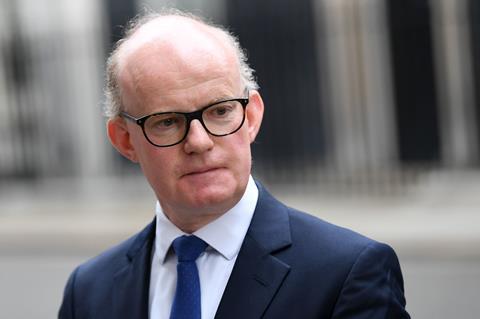For the first time, the views of alleged victims will be considered when deciding whether the civilian or military justice system should deal with criminal cases involving a member of the armed forces.
Prosecutors have been told to check with police that victims have been asked if they have any opinions on jurisdiction. Any preferences 'will be taken into consideration'.
Crown Prosecution Service (CPS) and Service Prosecuting Authority (SPA) prosecutors in serious cases must consult over jurisdiction, regardless of whether an alleged victim has expressed a view. The final decision will be made by a CPS deputy chief crown prosecutor and a managing prosecutor or deputy director at the SPA.
The changes follow a consultation earlier this year, which attracted 13 responses.

Director of public prosecutions Max Hill KC said: ‘Being a victim of crime can have a devastating and life-long impact, so it is right that they have a voice in the criminal justice process. It is only through balancing the rights of victims and defendants that we can ensure justice is delivered.
‘The new protocol will ensure fair and efficient justice that maintains the public’s confidence in both the civilian and military courts and helps in our efforts to see more perpetrators brought to justice.
Director of service prosecutions Jonathan Rees KC said: ‘The protocol that I have agreed with the DPP follows very careful consideration of the responses we received during the consultation process.
‘By increasing the number of factors that need to be considered in addition to the main principles when deciding on jurisdiction, we have provided prosecutors with detailed guidance designed to promote fair and efficient justice.’































No comments yet